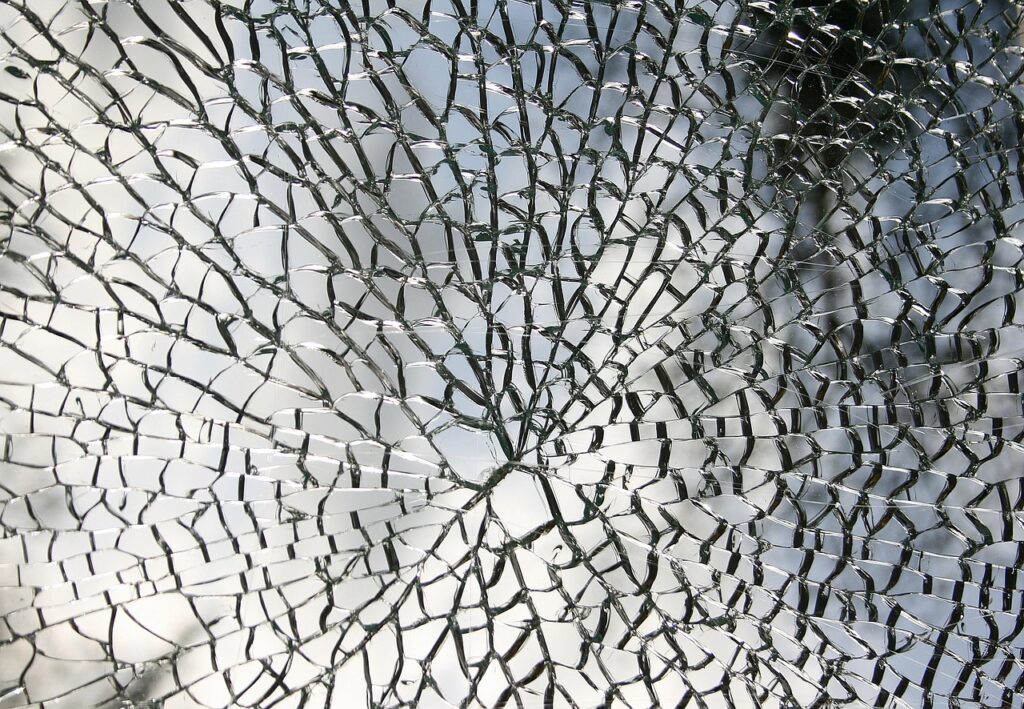Celebrating What We Have. Remembering What We Yearn For.
[1] A Moment of Return
After two years of waiting, fear, and longing, the hostages have finally come home. This is a moment the Jewish people have prayed for — a moment of return, reunion, and relief. As we open our hearts to joy, to gratitude, and to the renewal of life we also recount how much we have lost, and how much remain un-whole.
This resource introduces a ritual drawn from one of our oldest traditions — the breaking of a glass at a wedding — and invites us to bring it into this moment. The act holds both celebration and remembrance. It reminds us that Jewish joy is never separate from Jewish memory, and that even as we dance, we also remember what is still broken and what we are still yearning for.
[2] The Meaning of the Broken Glass
At a Jewish wedding, just as the couple’s joy reaches its peak, a glass is shattered. The custom recalls the destruction of Jerusalem — a symbol that even at moments of great happiness, we must not forget what has been lost.
But the meaning runs deeper. The broken glass teaches that joy and brokenness coexist. That the world — and we within it — are never fully whole. To celebrate as Jews is to hold both the fullness of what is and the yearning for what is still to come.
The sages teach in the Talmud:
“A contrite and crushed heart’. Rabbi Alexandry says: the simple person, if he uses broken vessels, it is a disgrace to him, but the Holy Blessed He, all his vessels are broken, as it says ‘the Lord is close to the brokenhearted’, and ‘He heals their broken heart’.”
– ויקרא רבא ז׳
This text suggests that holiness is found not in what is perfect, but in what is mended, yearning, and open. To be brokenhearted is to remember that pain and beauty always live side by side.
Reflect:
What does it mean to celebrate while knowing that joy and pain will always live side by side?
[3] A Ritual of Return
In moments like these, ritual helps us give shape to what words cannot hold. It allows us to gather, to feel, and to remember — together. The following ritual draws from one of the oldest Jewish customs, the breaking of a glass, as a way of holding both joy and yearning at once.
Invite your group — students, colleagues, friends, or family — to sit or stand in a circle. In the center, place a glass.
Ask each person to take a piece of paper and write on it two things:
- What we are celebrating — What is the joy we are holding onto? What new covenant are we creating?
- What we are still yearning for — What is still not whole? What loss do we hold on to? What are we still yearning for?
When everyone is ready, wrap the glass with these pages. Explain that the glass represents this moment — the homecomings, the embraces, the tears of joy that we have waited for. But it also holds what remains unresolved: those still missing, the lives not yet rebuilt, the pain that has no closure.
Then say or sing together:
אִם־אֶשְׁכָּחֵךְ יְרוּשָׁלַ͏ִם תִּשְׁכַּח יְמִינִי.
תִּדְבַּק־לְשׁוֹנִי לְחִכִּי, אִם־לֹא אֶזְכְּרֵכִי,
אִם־לֹא אַעֲלֶה אֶת־יְרוּשָׁלַ͏ִם עַל רֹאשׁ שִׂמְחָתִי.
(תהילים קל״ז:ה–ו)
If I forget you, O Jerusalem, may my right hand forget its skill.
May my tongue cling to the roof of my mouth if I do not remember you,
if I do not set Jerusalem above my highest joy.
(Psalm 137:5–6)
Im eshkachech Yerushalayim, tishkach yemini.
Tidbak leshoni lechiki, im lo ezkirechi,
im lo a’aleh et Yerushalayim al rosh simchati.
Break the glass safely and gently. Let the sound linger.
